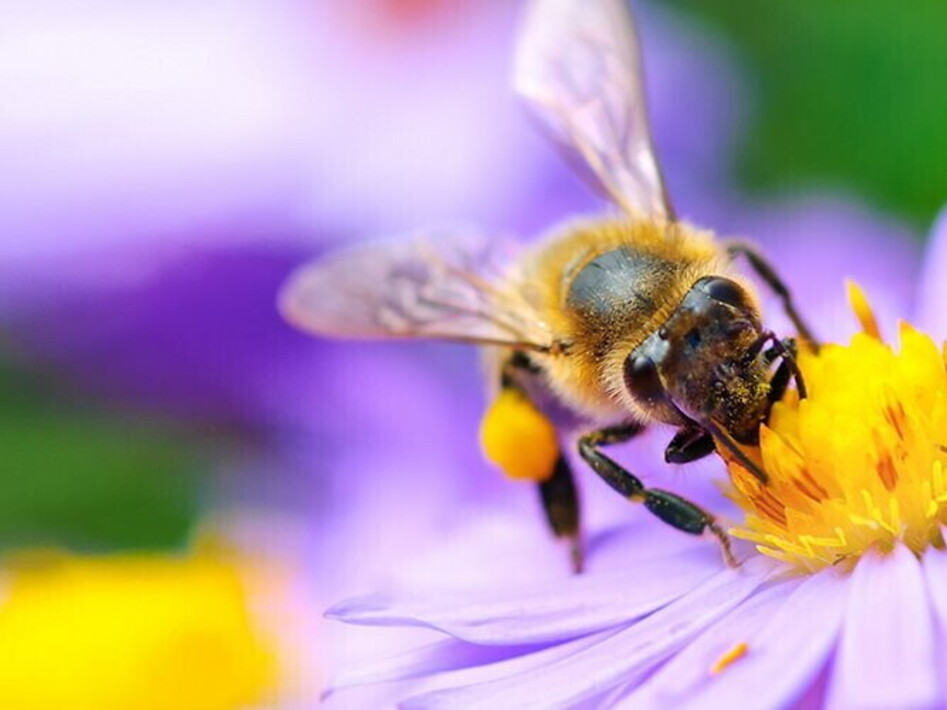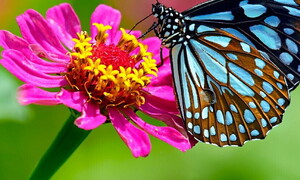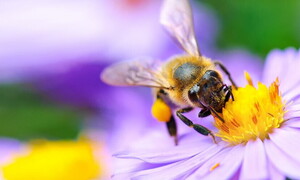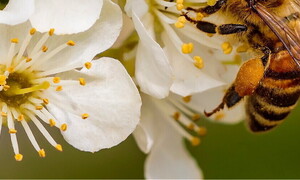World Bee Day
20 MAY 2022

Today, 20 May, is World Bee Day. The aim of the day is to draw attention to the key role played by these industrious insects, which are being challenged by human activities and climate change. Indeed, bees, as well as other pollinators, like butterflies, bats and hummingbirds, are under threat from pesticides, land-use change and monoculture practices that reduce available nutrients. In addition to guaranteeing the survival of many plant species, these insects make a decisive contribution to global food security, thus ensuring the sustenance of our species: more than two thirds of the crops used for human nutrition are pollinated by bees.
Established in 2017 by the United Nations Organisation on the initiative of the Republic of Slovenia, the day was celebrated for the first time on 20 May 2018. The choice of the date on which World Bee Day is celebrated is no coincidence. In the northern hemisphere May is the main month for pollination, while in the southern hemisphere it corresponds to the production of honey and then the processing of its by-products. Moreover, one of the first pioneers of modern beekeeping, the Slovenian Anton Janša (1734-1773), was born on 20 May.
The aim of the day is to raise awareness of the importance of bees and beekeeping. The main objective is to strengthen measures to protect bees and other pollinators, which are thought to make a significant contribution to solving global food supply problems and eradicating hunger in developing countries.



